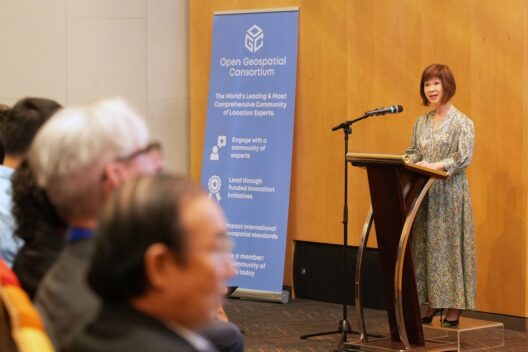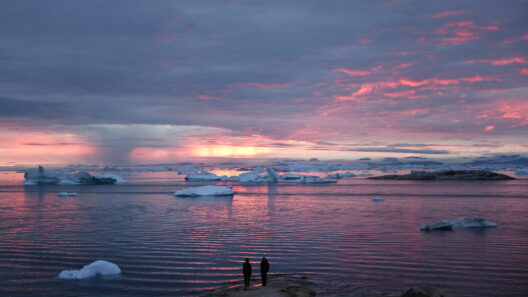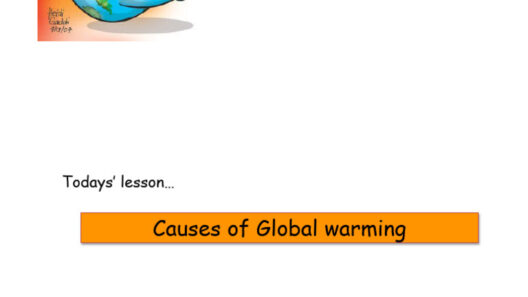In recent years, the topic of global warming has garnered immense attention, sparking heated debates and fervent discussions across various platforms. The discourse is filled with complex scientific data, emotional anecdotes, and fervent opinions, yet the question remains: is global warming a tangible threat, or merely an exaggerated concern? To navigate this intricate subject, it is essential to dissect the evidence, confront misconceptions, and understand the profound implications of climate change.
The Scientific Consensus: What the Data Reveals
To address the question of global warming’s reality, one must first turn to the scientific community, which overwhelmingly agrees that climate change is real and predominantly driven by human activities. The Intergovernmental Panel on Climate Change (IPCC) and numerous renowned institutions have conducted extensive research, concluding that anthropogenic factors—primarily fossil fuel combustion, deforestation, and industrial emissions—are leading to unprecedented temperature rises.
Global temperatures have risen significantly since the late 19th century. Data from the National Oceanic and Atmospheric Administration (NOAA) indicates that the Earth’s surface temperature has increased by about 1.2 degrees Celsius since the pre-industrial era. While this may seem marginal, even slight shifts in temperature can wreak havoc on ecosystems, weather patterns, and sea levels.
Additionally, the consequences of these temperature increases are already evident. Increases in extreme weather events, such as hurricanes, droughts, and floods, correlate directly with rising global temperatures. The phenomenon of melting glaciers and polar ice caps, alongside rising sea levels, paints a stark picture of a world in flux. These changes do not merely pose theoretical risks—they threaten biodiversity, disrupt food supplies, and jeopardize the livelihoods of millions.
Myths and Misconceptions: Unpacking Common Fallacies
Despite prevailing scientific evidence, numerous misconceptions about global warming persist in popular discourse. One prevalent myth suggests that climate change is just a natural cycle—a belief rooted in historical climate variations. While Earth has experienced climate fluctuations over millennia, the rapid changes observed today are unprecedented and cannot be solely attributed to natural processes.
Another fallacy is the notion that colder weather disproves global warming. Climate change does not actually indicate a uniform warming across all geographical locations at all times. Rather, it poses an increase in volatility. Consequently, some regions may experience harsher winters or uncharacteristic weather patterns even as global averages rise. This complexity creates a misleading narrative that undermines the urgency of addressing the ongoing climate crisis.
Furthermore, the argument that scientific predictions are often inaccurate also merits examination. While models are sometimes refined in light of new data, they are based on established understanding and are consistently validated by subsequent observations. The essence of science is its self-correcting nature, wherein ongoing research elucidates finer details, confirming overarching trends rather than negating them.
The Economic and Ethical Stakes: Why Action Matters
The implications of climate change extend beyond environmental concerns—they have profound economic and ethical dimensions as well. As global temperatures continue to rise, the cost of inaction escalates. Natural disasters, displacement of populations, and loss of agricultural productivity inevitably burden economies, disproportionately affecting marginalized communities. Investing in sustainable practices yields long-term savings, creates jobs in developing sectors such as renewable energy, and fosters resilient communities.
Ethically, the climate crisis raises pivotal questions about stewardship and responsibility. Future generations will bear the consequences of today’s environmental decisions. Acknowledging climate change as a real and pressing issue compels us to act in preservation of not just biodiversity, but also humanity’s future. It invites us to introspect on our consumption patterns, our reliance on fossil fuels, and our overall approach to living in harmony with the planet.
A Call to Collective Action: Bridging Individual Responsibility and Global Accountability
Individual actions, when magnified collectively, have the potential to inspire significant change. Simple measures, such as reducing plastic usage, conserving energy, and advocating for policy initiatives supporting sustainable practices, all contribute to the bigger picture of combating climate change. However, to maximize impact, these efforts must also be complemented by systemic changes at governmental and corporate levels.
Policymakers must prioritize climate action, bolster investments in green technologies, and establish regulations that curtail greenhouse gas emissions. The transition to renewable energy sources and the adoption of sustainable agricultural practices are imperative not only for mitigating climate change, but for fostering innovations that can drive economic growth.
Meanwhile, public awareness and engagement are crucial. Understanding the intricacies of climate science cultivates an informed citizenry capable of demanding accountability and engaging in meaningful dialogues about our environmental responsibilities. Education, advocacy, and community involvement are vital tools in transitioning toward a sustainable future.
In conclusion, the reality of global warming is not a question of opinion but a matter grounded in scientific fact. The stakes are high, and the consequences of inaction are dire. By dismantling misconceptions, addressing the economic and ethical implications, and galvanizing collective action, we can alter the trajectory toward a more sustainable and equitable planet. The time to act is now—will you join the fight against climate change?






